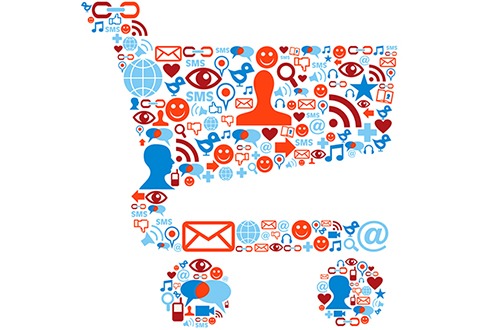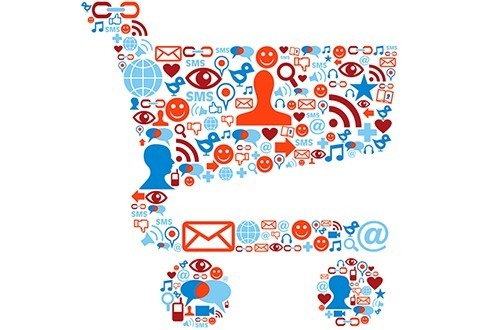
The recent MasterCard Worldwide Online Shopping Survey showed that there has been a significant increase in online shopping among South Africans in 2013, with almost 60% of respondents saying they use the Internet for online shopping. Although consumers seem to be adopting new technologies quicker than ever, small businesses are still lagging to keep up with this demand and e-commerce business.
Canadian-based commerce platform called Shopify is being marketed as the answer to small business retail woes. The e-commerce business platform allows businesses from SMEs to multinational corporations to sell their goods and services online.
Products on sale vary from fashion, electronics to furniture and also include services and digital downloads. Retailers buy the domain and are then able choose the look of their store from hundreds of templates or customize their look and feel. Payment is done using credit cards and even a card reader to accept payments through a mobile phone.
My Minx, an online Cape Town-based retail store that uses Shopify.
Shopify currently powers over 100,000 active online stores around the world. So far in South Africa there has only four businesses taking advantage of this tool, the majority of which are selling goods including: Simply Favours, Coin Frenzy, Mi Fitness and My Minx.
State of e-commerce in South Africa
E-commerce is by no means a new concept, particularly in the US and Europe. E-commerce has only been considered as an option by the South African consumer since 2005 when people started adopting ADSL broadband.
South Africa’s limited and often expensive internet access, coupled with strict procedures regarding online payments and the fear of online shopping fraud, are often seen as the primary reasons for the reluctance in fully embrace e-commerce.
Some of the primary benefits of an e-commerce site are:
• You have the opportunity to reach a much wider market: With a physical store, especially if it’s a flagship store, your audience is restricted to that area alone, or within the area that you’re able to service. With e-commerce, you can sell to people living in other countries or just down the road.
• It’s cost-effective: Your overheads will be minimal, and businesses save on the cost of rent and costs associated with it. The costs of an online store are routine website maintenance and updating content. Marketing costs are also lowered because internet marketing costs less than print advertising and is highly targeted.
• Your products and services are easier to source: An online store’s products are listed according to categories making it easier for customers to search for what they are looking for.
• You are able to provide all the information you want about your products: Each of your products or services can have as many details as you choose including specs, how it works and user reviews.






